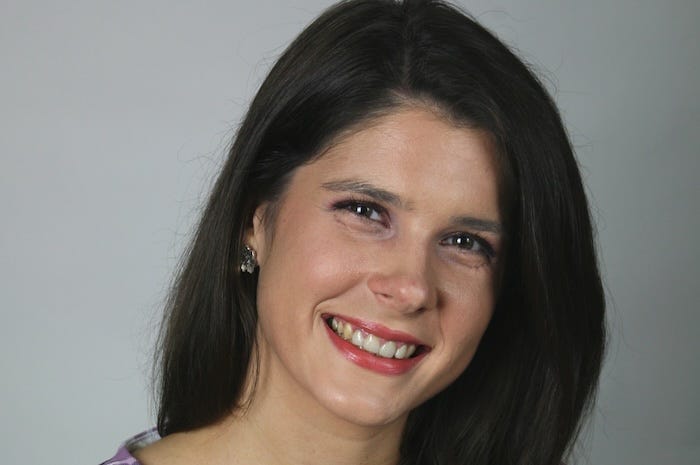Halie May: the democratization of genomics
Manage episode 435643699 series 3270887
If you have a sibling with autism, your future child’s risk for an autism diagnosis is increased by a factor of 2 to 3.5×. Orchid’s whole genome embryo reports can help mitigate your child’s risk by screening for over 200 genetic variants definitively linked to autism and other neurodevelopmental disorders. Discuss your situation with a genetics expert.
On this episode of Unsupervised Learning Razib talks to Halie May, the host of the Substack The Sequence, and a genetic counselor at Natera. May has a B.S. in chemical biology from Stevens Institute of Technology and a M.S. in human genetics from Sarah Lawrence. Before working at Natera she was a researcher and instructor at Columbia University and designed testing panels at genetics start-up, Tomorrow’s Health.
Razib and May discuss how much the field has changed even in her short career, in large part because genetic counseling is a 50-year-old profession that has been transformed in the last decade by the introduction of genome-wide datasets. May highlights the changes in the last ten years, and how they have impacted counselors and end users, in particular the ubiquity of noninvasive prenatal screening tests. Here, she mentions that whole-genome analysis isn’t quite where she had expected when she began studying these issues six years ago, and Razib brings up the fact that it’s already a decade ago he had his son whole-genome sequenced. They discuss the hold-ups in the progress of genetic testing and analysis, and May points out that a major issue is likely the utter lack of federal guidelines, with oversight of genetic healthcare mostly being left to the states. This lack of coordination means that there is no top-down signal, and localities and institutions are left to cobble together frameworks in an ad hoc manner. Razib also asks May about how private companies, like Natera, might fill the gap in what hospitals can provide, and the potential pathways and promise of the democratization of genetic results.
23 afleveringen





